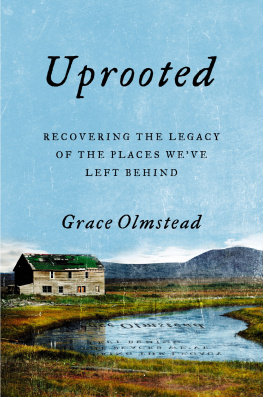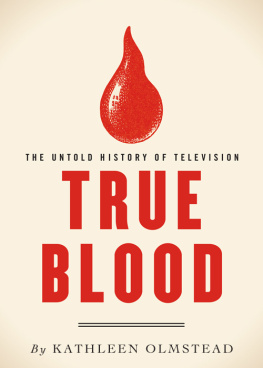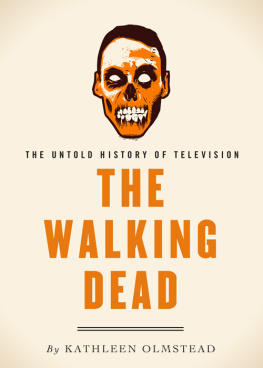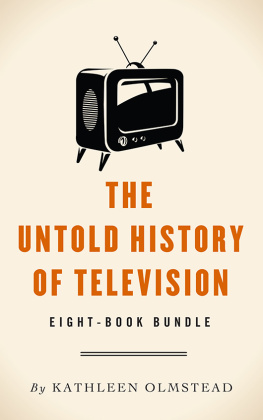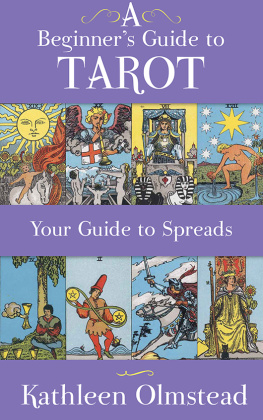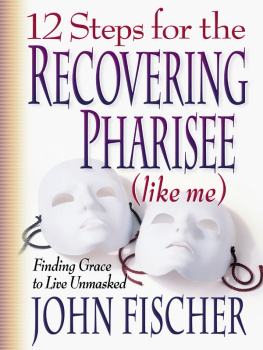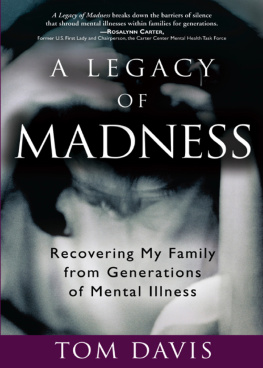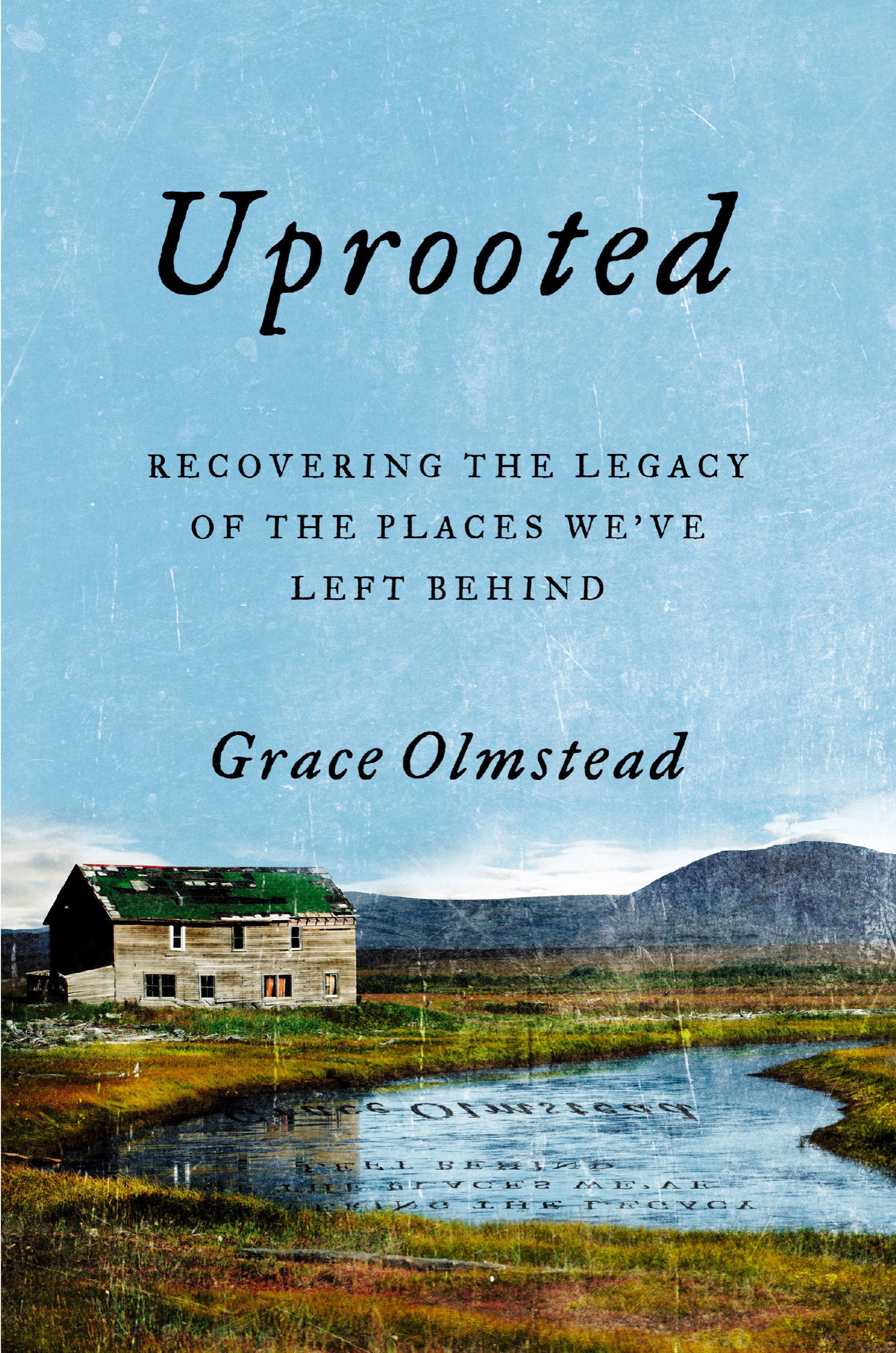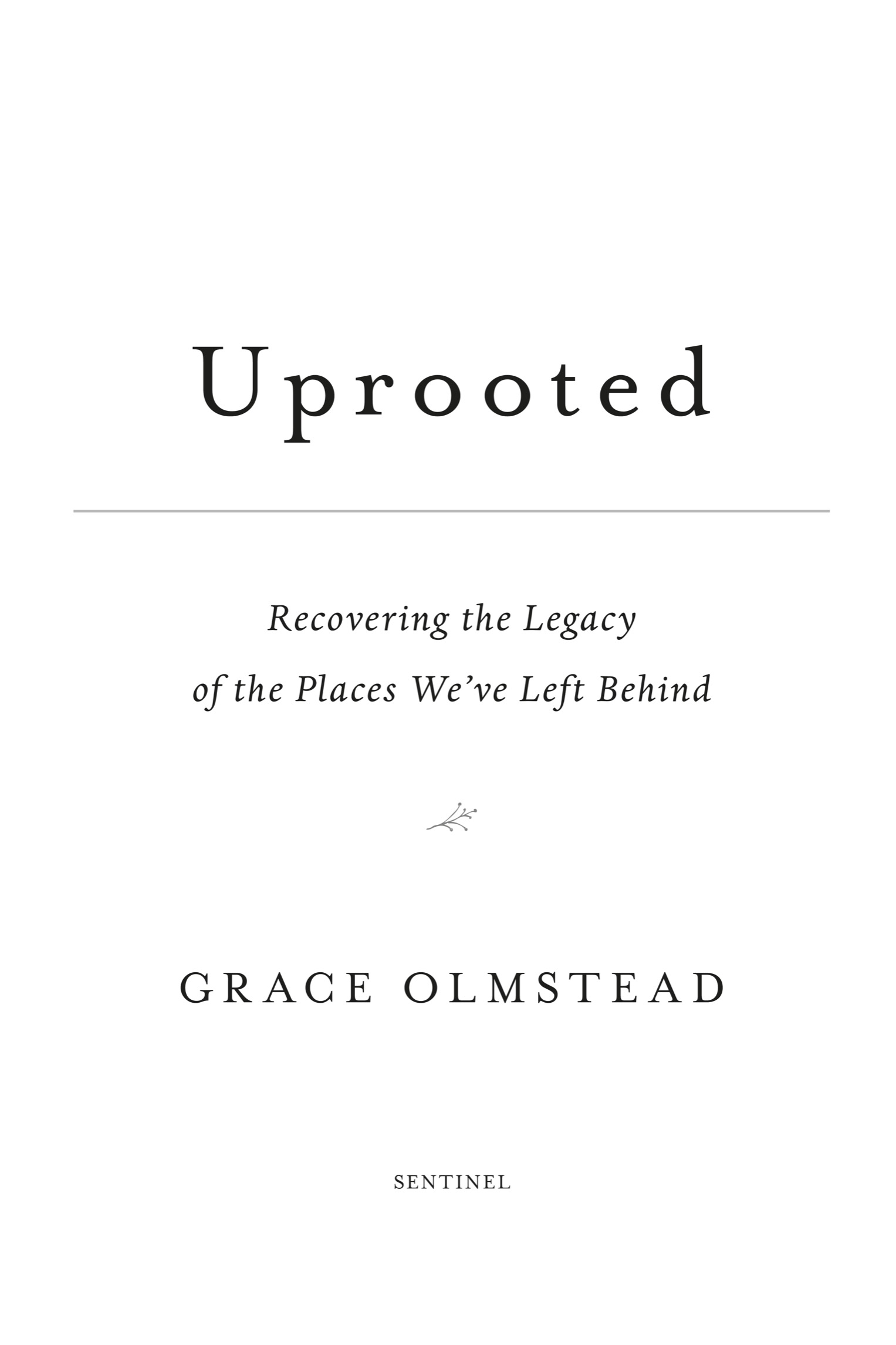Introduction

I step into a familiar graveyard. My husband is with me, and so is our oldest daughter, a curly-haired girl with dark lashes and thoughtful eyes. I am showing them the graves of my forebears, here where generations of my family rest in the soil of Emmett, Idaho.
I brush snow off gravestones, searching for names. There are my great-grandparents, known as Grandpa Dad and Grandma Mom, side by side in the earth. Nearby, I see the graves of Grandpa Dads brothers, his sister, and his parentsalong with dozens of other, more distant kin. My husband holds our daughter as he quietly reads inscriptions.
To visit these graves today, I had to travel twenty-four hundred miles: over the Blue Ridge Mountains and the Great Plains, past the Rockies and the Sawtooths. It is good to be home in this quiet land, where purple shadows line the foothills and the Payette River is shadowed by cottonwood trees. It is good to be here, in a place where the past is still present and preservation is paramount. But much has changed here since I was a child.
Fields that once were filled with corn and sugar beets, mint and onions are now graded, leveled, and covered with single-family homes. The farm stand where we bought tomatoes and peaches for canning is gone, emptyas are many of the small mom-and-pop businesses we frequented growing up. Everywhere I drive in my homeland, I see the past crumbling and fading away, increasingly paved over and forgotten. And even as I observe good changes, I mourn whats been lost and what we are losing.
I grew up surrounded by folks who committed themselves to this place for the long haul. They served and loved it, year after year. For many of them, including my great-grandparents, rootedness meant turning down bigger paychecks, adventure, excitement, and ease. But they were able to experience the wonder of each season, the pride of committed stewardship. They got to grow old next to the ones they lovedand got to watch a new generation of young folks, like me, grow up in the land they had tended.
Now boom-and-bust cycles and the exodus of the young, including me, have worn down the threads of community and belonging. Many of the valleys rooted individuals are still alivebut they are growing old.
I learned my first stories about this town at the feet of my Grandpa Dad, who was an aged farmer by that point. He knew all his neighbors, and they knew him. He was out riding his tractor until his early nineties, attending church services and teaching Sunday school until the end of his days. Over his lifetime, this valley aged into postindustrialism and decay. I am sure that much of what he saw alarmed him, inspiring in him a sense of sorrow for the lands lost past, its fading local culture. I think that is why he told me stories over and over again, making sure I would not forget the ones who came before us, the countryfolk that history books would ignore. To Grandpa Dad, their stories mattered. And so they mattered to me as well.
Not everyone believes small towns matter. In 2015, Kevin Williamson wrote for National Review that some towns are better off dead. The prevalent national attitude, at least among many conservatives and libertarians, seems to be that we need to let communities evolve according to the dictates of the market. Protesting change is not only fruitless, it is backward and illogical. Get the hell out of Dodge, or Eastern Kentucky, or the Bronx, Williamson wrote. Leave the broken places behind. Rootedness, these writers seem to suggest, is an antiquated philosophy toward life: a nostalgic attitude that ought to be abandoned.
The suggestion that leaving is the answer rubbed me the wrong waybecause the more I studied the history of my own community, the more I realized that most of its struggles with depletion and brokenness were caused by those who leave. The only time things were mended and restored were the times when someone, somewhere, chose to stay.
In my first few years living in Washington, DC, I wrote many articles defending broken placesfighting for peoples decisions to stay in hurting places of the world, fighting for towns experiencing postindustrial collapse or brain drain.
But it felt hypocritical: How could I argue for these things when I had left Idaho behind? When I was living in one of the most prosperous areas of the United States, working in one of the most important and bustling cities in America?
Now, in the graveyard, I am haunted by these questions. What do I owe the past? What do I owe the people who invested in the land that raised me? What do I owe the places where Im from? Should I return, for my own sake and for the sake of the communities that gave me life?
For several years now, I have felt as if my feet were planted in two different places, two very different sets of soil. I have experienced a deep sense of tension between the person I was and the person Ive become, and have long wondered when or whether I should choose between these two identities, these two places.
It could be too late for me to move back. Virginia is now the place where I have worked and walked and worshipped for more than ten years. Its the place where Ive attended town meetings, made new neighbors, and cultivated close friendships. Returning to Idaho would mean forsaking the roots Ive started to send down in my new community.

